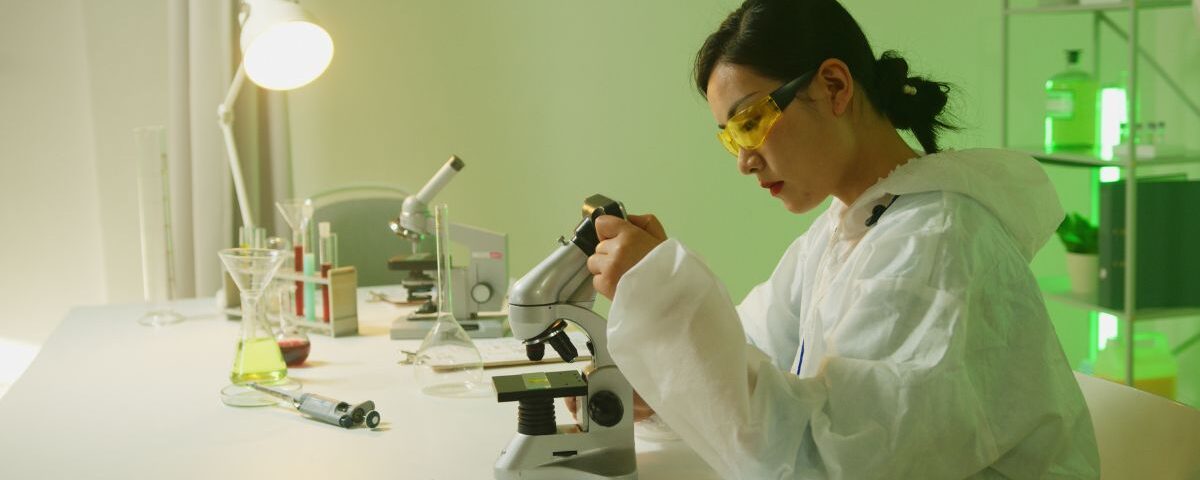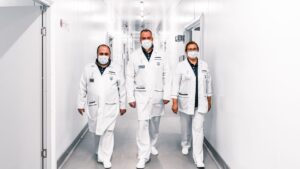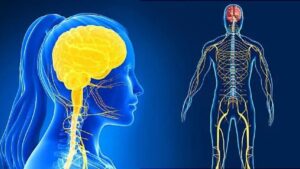In today’s world of personalized medicine and precision healthcare, understanding genetics is no longer optional—it’s essential. At Touro College of Osteopathic Medicine (TouroCOM), the Medical Genetics course gives students the tools to unlock the secrets of the human genome and understand how our DNA drives health, disease, and future treatments.
For osteopathic medical students, this course is more than just science. It’s a deep dive into the blueprint of life—with real-world relevance in everything from rare syndromes to cancer risk to pharmacogenomics.
What You’ll Learn in Medical Genetics at TouroCOM?
The Medical Genetics course is designed to give students a strong foundation in both classical and modern genetics. You’ll explore how genes function, how mutations affect health, and how genetic knowledge can guide diagnosis, prevention, and therapy.
Core Topics Include:
- Mendelian inheritance & pedigree analysis
- Genetic mutations and molecular mechanisms
- Chromosomal abnormalities (e.g., trisomy 21, Turner syndrome)
- Epigenetics and gene regulation
- Genetic screening & diagnostic tools
- Cancer genetics and oncogenes
- Pharmacogenetics & personalized medicine
- Ethical issues in genetic testing
Through lectures, clinical cases, and board-style questions, students learn how to integrate genetic knowledge into patient care—both now and in the evolving future of medicine.
Why Genetics Is Vital for DO Students?
At TouroCOM, the osteopathic approach emphasizes the interconnectedness of body systems, environment, and individuality. Genetics ties directly into this philosophy by explaining how inherited traits and mutations influence health across generations.
For example:
| Condition | Genetic Insight Adds |
|---|---|
| BRCA1/BRCA2 | Personalized cancer screening & family risk counseling |
| Marfan syndrome | Understanding structural implications in cardiovascular care |
| PKU (Phenylketonuria) | Early detection & diet-based treatment |
| Cystic fibrosis | Carrier screening & symptom-based management |
| Lynch syndrome | Cancer prevention through gene-based surveillance |
This knowledge enhances whole-patient care, aligning perfectly with the DO mindset of treating the person, not just the disease.
What Makes TouroCOM’s Genetics Course Unique?
1. Integrated Clinical Relevance
Case-based learning ensures that every concept—from single-gene disorders to polygenic risk—is anchored in patient scenarios.
2. Focus on Board Readiness
Medical Genetics at TouroCOM prepares students for high-yield genetics questions on COMLEX and USMLE, with emphasis on interpreting pedigrees, mutations, and inheritance patterns.
3. Ethics & Communication
As future physicians, students explore the ethical challenges of genetic testing, disclosure, and patient autonomy—essential for building trust in clinical care.
4. SGA Study Support & Peer Review Sessions
SGA Middletown supports students with genetics-focused review sessions, simplified handouts, Anki decks, and peer-led Q&A forums to make even the toughest topics manageable.
How to Succeed in Medical Genetics
Students who succeed in Medical Genetics often follow these strategies:
- Use visual learning tools—punnett squares, flowcharts, karyotype diagrams
- Attend peer review sessions to simplify complex disorders
- Practice pedigree interpretation and inheritance patterns regularly
- Focus on big-picture concepts before diving into details
- Stay current on ethical trends in genetics and genomics
Conclusion
Medical Genetics at TouroCOM isn’t just about decoding DNA—it’s about building the foundation for lifelong clinical decision-making. Whether you’re treating a patient with a rare syndrome, helping a family navigate hereditary risk, or adjusting medication based on genetics, this course provides the knowledge every future DO needs.
It’s more than a subject—it’s your gateway to the medicine of tomorrow.
FAQs
Is Medical Genetics a high-yield subject for COMLEX?
Yes. Inheritance patterns, mutations, syndromes, and pharmacogenetics are frequently tested on both COMLEX Level 1 and USMLE Step 1.
How does this course apply in real-life clinical practice?
Genetics informs diagnosis, guides treatment (especially in oncology and pharmacology), and plays a growing role in family medicine and preventive care.
Is the content difficult if I’ve never studied genetics before?
It can be challenging at first, but the course builds gradually. With structured lectures, clinical integration, and peer support from SGA, students quickly gain confidence.
Do DOs use genetics in practice as much as MDs?
Absolutely. All physicians—regardless of degree—are increasingly expected to understand genetics, especially with the rise of personalized medicine and genomics.




